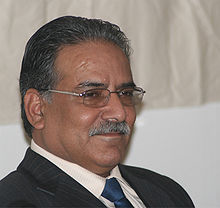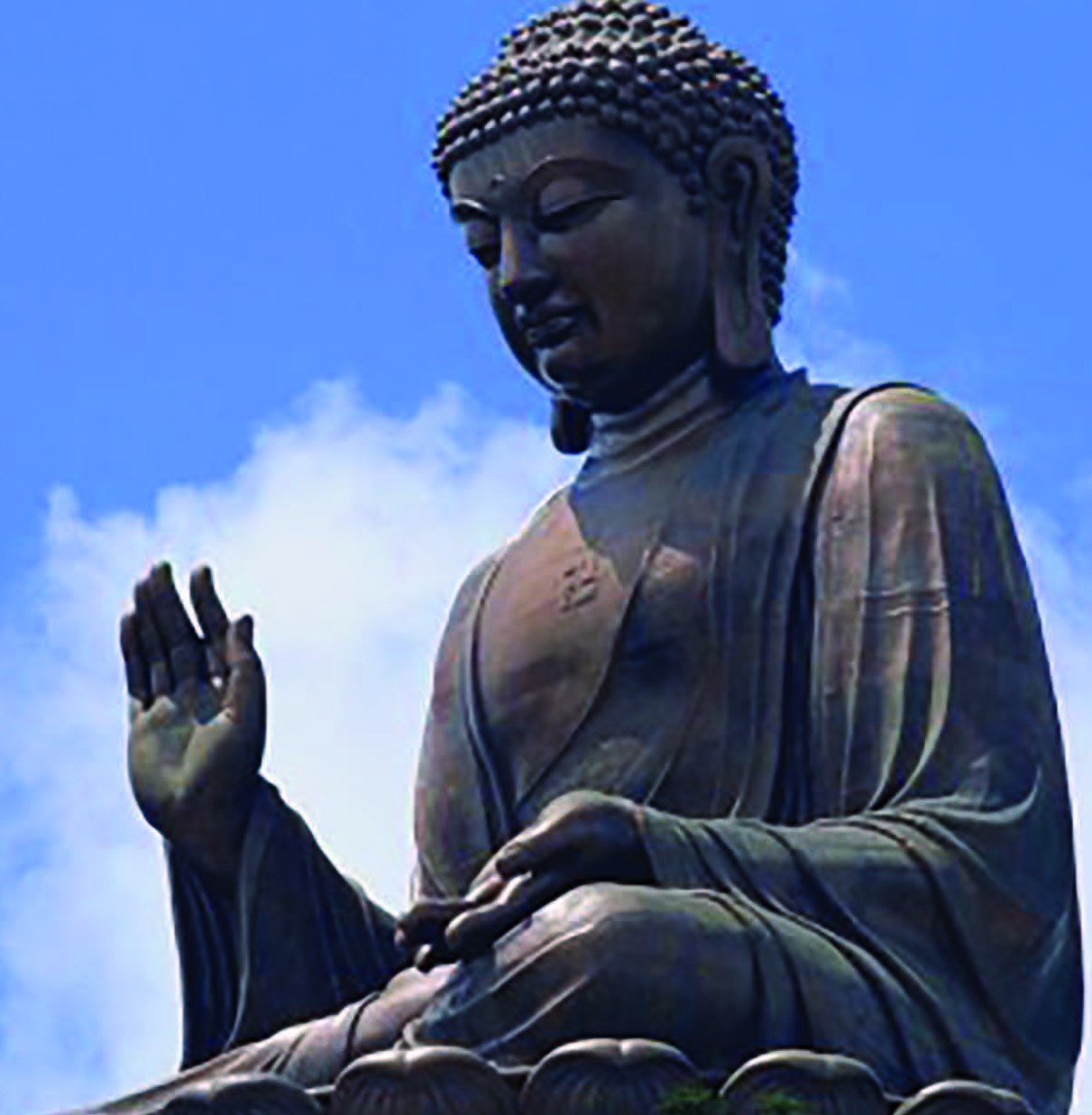KATHMANDU (TIP): Nepal‘s deputy Prime Minister Bamdev Gautam has expressed confidence that a new constitution will be promulgated in the country in two months and said the devastating earthquake on April 25 brought the quibbling political parties together in finalizing the much-delayed document.
“We would be able to declare the constitution in two months from now,” Gautam told IANS in an interview at his residence here last week. Gautam said the new constitution will be secular and the state will not create any obstacle in the practise of religion.
He said people who had lost their houses during the devastating April earthquake and the aftershocks that followed were being provided temporary shelters during the monsoon and the task of reconstruction will be taken up in full swing once the rains get over.
“We have reached the last stage of relief work. After this, we will engage in rebuilding and rehabilitation. A plan has been made and it will be implemented. It (the earthquake) is a national calamity and one needs courage to fight an adversity. We have sought to boost the morale of the people,” Gautam told IANS.
Over 8,500 people were killed and more than 23,000 injured in Nepal’s devastating earthquake that also flattened numerous villages in central and western regions of the Himalayan nation rendering hundreds of thousands of people homeless.
Asked about the ongoing constitution-making process in the country, Gautam said 90 percent of the political parties were in favour of promulgating the new constitution soonest but there had been some disturbances by the dissenting minority during meetings of the Constituent Assembly recently.
He said that after Nepal’s four major political parties gave their nod to a federal model following a 16-point agreement in June, there was hope that the Constitution will be promulgated in a month. The hurdles that cropped up from time to time were being sorted out through discussions, he added.
The 16-point agreement was signed by the Nepali Congress, Communist Party of Nepal (Unified Marxist-Leninist) [CPN-UML], Unified Communist Party of Nepal (Maoist) [UCPN-Maoist] and the terai-based Madhesi Janadhikar Forum-Loktantrik (MJF-L) with the objective of speedily resolving the key contentious issues in formally proclaiming the new Constitution.
The deal came after several years of protracted negotiations.
Nepal’s Maoist rebels had in 2006 agreed to lay down arms after more than a decade-long insurgency and join the democratic process.
A constituent assembly was elected in 2008 to a two-year term to frame a secular democratic federal constitution for the former Hindu kingdom. The first CA, however, suffered several extensions with the political parties failing to find consensus on various contentious issues including the number of federal provinces, the form of government, electoral system and judiciary.
In 2012, a second house was elected and this, too, initially suffered the same malaise that had affected the first –protracted wranglings and continued differences over the form and content of the much-awaited document.
Finally, jolted by the devastating temblor of July 25, the squabbling politicians in the CA sprung to cobbling a document that met the aspirations of the majority among them — the four major political parties agreed on June 8 on the modus operandi to be adopted to speedily finalise a new constitution.
Asked if the agreement was propelled by the need to show political unity at a time of crisis for the country in the wake of the earthquake, Gautam said the quake united the people of the country like never before.
“It brought together political parties. This should have happened earlier. And using this, we made a proposal to all parties to get united to finalise the constitution. Four major political parties joined it.





Be the first to comment